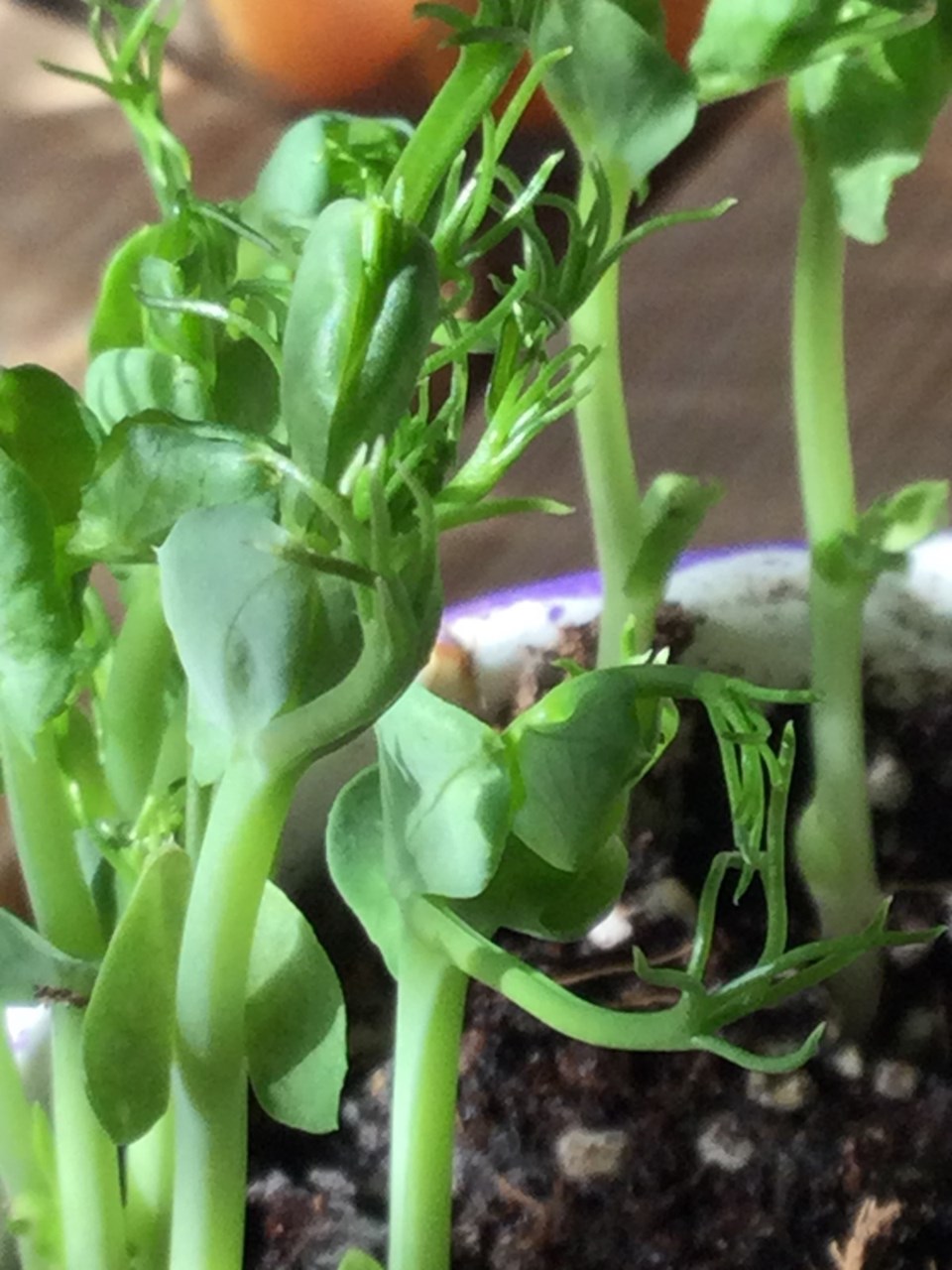YORKTON - If you are thinking about adding some perennials to you garden, this is the week! The Yorkton and District Horticultural Society will be holding their Spring Plant and Bulb Sale on Friday, June 3 starting at 9:30 AM at the Parkland Mall, Yorkton. This is our first plant sale for a long time, it seems, so we are all looking forward to it! We’re hoping for a wonderful selection of plants; hope to see you there, bring a friend!
The weather has finally taken a turn to make us believe that planting time has arrived. The rain (and snow!) at the end of May has delayed many gardeners from working in their garden, but we can still enjoy the feeling of soil between our fingers as we work on planting up containers.
As my Mom always used to say, you never stop learning, and we learned an interesting little factoid in the week before we could finally take some plants outside. We had a lovely calla lily sitting on our kitchen counter, eagerly waiting to be planted in a container out on our patio. One day, I noticed a drop of moister at the delicate tip of the beautiful calla flower. Thinking that I may have splashed it while doing dishes, I looked at it a little more closely, and lo and behold, there were other drops at the end of each of the flowers, and at the end of some of the leaves! What was going on?
Time for some homework ! This sight was new to me, but it is actually a natural process with calla lilies, and it is called “guttation”. It is kind of the floral equivalent of sweating and is the way that the plant is able to get rid of extra moisture and nutrients through its leaves.
I learned that it occurs indoors when the plant has been overwatered, and can occur outside when the weather is very hot and humid (Gardeners, can we remember hot and humid? This spring has not given us much heat yet, but we hope it will come!) So, if we see this process happening with a calla lily indoors, it is a sign to us that we are being a little over-enthusiastic in our watering. We should water a calla lily and let the water drip out, never let the calla sit with wet feet. Also, we should water it when the top two inches of the soil feels dry to our touch. Though they look so delicate, they are tougher than we think and can stand being a bit on the dry side rather than being too wet.
And if we notice guttation happening when we take our calla outside, this is because the change in the amount of sunlight, or the stress of being transplanted and moved, makes the process occur.
Guttation is not limited only to calla lilies; it also occurs in other plants such as various types of grasses, wheat, barley, tomatoes, beets, strawberries, peppers, hibiscus and many more plants.
So now we know!
I’d like to quickly tell you about another surprise from the wondrous world of plants! We had a package of snow peas in our fridge, and two or three pods at the bottom of the bag looked like they were starting to sprout. Rather than throw them out, we planted the pods in a paper cup. Within days we had amazing pea shoots emerging from the soil! It was so interesting to see those beautiful tender green shoots, and also to see the resiliency of plants and their determination to grow! Very inspiring!
Thank you for our friends at YTW for their wonderful work in bringing us local news! Gardeners, visit the Hort Society at www.yorktonhort.ca Have a great week!






